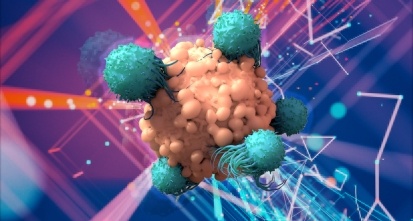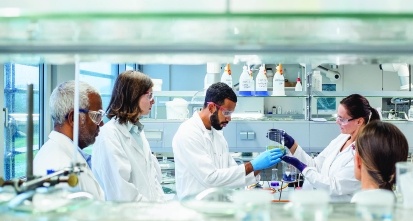Gain new perspectives for faster progress directly to your inbox.
Exosomes have emerged as a major force in reshaping patient care in a wide range of diseases, from cancer to cardiovascular disease to tissue regeneration – the opportunities are immense. Recently, experts from the Mayo Clinic, Direct Biologics (the makers of ExoFlo), and Aruna Bio joined CAS for a webinar on March 9, 2023.
Exosomes are often referred to as the natural version of lipid nanoparticles, and their distinctive properties such as innate stability, low immunogenicity, biocompatibility, and excellent tissue or cell penetration capabilities provide key advantages over nanoparticles. Learn more about why exosomes will be reshaping the drug delivery, diagnostics, and the therapeutic landscape of the future in our recent Insight Report.
Key highlights from the webinar

To set the stage for this discussion, Janet provided a landscape view of this emerging area of science. While publications and IP trends signal the rise of exosomes, there is a critical challenge in isolating and purifying that must be solved for broader scale distribution. Diving deeper into the clinical and pre-clinical landscape revealed key players, their technologies, and the therapeutic areas of focus for the future of exosomes.

Dr. Behfar started off by discussing his clinical evolution and the application of exosomes in cardiac therapeutic applications. He discussed in-depth how a purified exosome product (PEP) is being explored further in the clinic and at Mayo Clinic for regenerative use in areas such as wound healing, myocardial infarction, and women’s health. Additionally, he discussed the mechanism of PEP reducing oxidative stress and inflammation along with its antioxidant enzyme contents.

Dr. Mosely initiated his presentation with a detailed description of exosome complexity including their extensive biological processes. He shared exosome product ExoFlo’s extensive drug pipeline with its use for treatment of many different diseases such as acute respiratory distress syndrome (ARDS) and osteoarthritis. Finally, he shared how ExoFlo has produced many promising results in ARDS treatment with the reduction of inflammatory proteins and the increase of immune cell populations.

Dr. Stice focused the beginning of his presentation on the complexities of the purification and concentration of exosomes along with the importance of cGMP facilities for the scaling up of exosome clinical material. He then delved into the challenges of therapeutics crossing the blood brain barrier (BBB) and the therapeutic use of the neural-derived exosome AB126. AB126 has a natural affinity for the central nervous system and high BBB permeability with the ability to preserve and repair brain tissue after ischemic stroke. He finished with discussing how AB126 can also be used to carry various cargos, such as siRNA, to the brain.
To wrap up, attendees asked a wide range of questions: from lipid nanoparticle vs exosomes comparisons to more complex questions about exosome isolation, purification, and characterization. In short, this was an engaging panel that highlighted the promising opportunities of exosomes for drug delivery and the treatment of diseases with high unmet needs.
See the recording and the associated slides from the webinar here.



